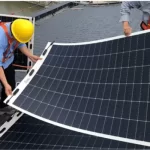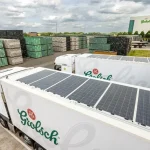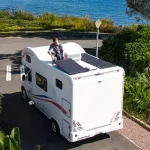Solar energy is rapidly becoming one of the most promising sources of renewable energy. The use of solar panels on rooftops has become increasingly popular in recent years, as individuals and companies seek to reduce their carbon footprint and save on energy costs. However, solar panels have far more potential than simply being installed on rooftops. There are numerous innovative uses for solar panels beyond residential applications, including on farms and in public spaces.
The Advantages of Solar Panels
Before we dive into the innovative uses of solar panels, it’s important to understand why they are such a promising source of renewable energy. There are numerous advantages to using solar panels, including:
- clean and produce no emissions
- low-maintenance
- a long lifespan (up to 30 years)
- save money on energy costs
- reduce carbon footprint
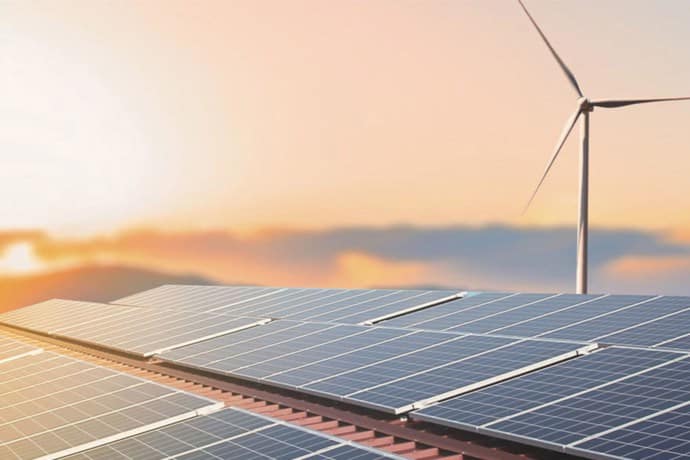
Innovative Uses for Solar Panels
- Solar-Powered Farms
Farms are an ideal location for solar panels due to the large amount of open space and natural sunlight. Solar panels can be used to power irrigation systems, lighting, and other equipment on the farm. This can save farmers money on energy costs and reduce their carbon footprint. Additionally, solar panels can be used to power electric fences, keeping livestock safely contained without the need for costly and polluting fossil fuels.
- Solar-Powered Public Spaces
Public spaces such as parks, parking lots, and streets can also benefit from the use of solar panels. Solar-powered street lights, for example, can help to reduce energy costs and increase safety by providing consistent lighting even during power outages. Solar-powered parking lots can provide shade for parked cars while also generating electricity.
- Solar-Powered Transportation
Solar energy can also be used to power transportation. Electric cars are becoming increasingly popular, and solar panels can be used to charge these vehicles. Additionally, solar-powered boats and airplanes are already in development, providing a promising future for clean transportation.
- Solar-Powered Water Treatment
Solar energy can also be used to power water treatment plants, providing clean and safe drinking water to communities. In areas with limited access to electricity, solar-powered water treatment can be a game-changer, providing access to clean water without the need for costly and polluting fossil fuels.
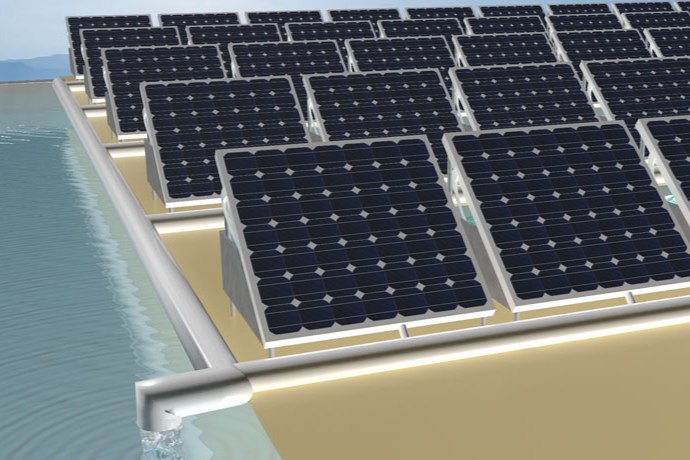
Summary
Solar energy has the potential to revolutionize the way we power our world. While residential applications of solar panels have become increasingly popular, there are numerous innovative uses for solar panels beyond rooftops. Solar-powered farms, public spaces, transportation, and water treatment are just a few examples of how solar energy can be utilized to reduce energy costs, save money, and reduce our carbon footprint. By exploring these innovative uses for solar panels, we can work towards a cleaner, more sustainable future.
FAQs
| Q1:Can solar panels be used in areas with limited sunlight? |
| Yes, solar panels can still produce electricity in areas with limited sunlight, although they will not be as efficient as in areas with more sunlight. |
| Q2:Are solar panels expensive to install? |
| While the upfront cost of installing solar panels can be high, they can save money in the long run by reducing energy costs. |
| Q3:How long do solar panels last? |
| Solar panels can last up to 30 years with proper maintenance. |
| Q4:Are solar-powered boats and airplanes a reality? |
| Yes, solar-powered boats and airplanes are already in development and show promise for the future of clean transportation. |
| Q5:How do solar panels reduce carbon footprint? |
| ·Solar panels produce no emissions, making them a clean source of energy that can reduce our reliance on fossil fuels. |





